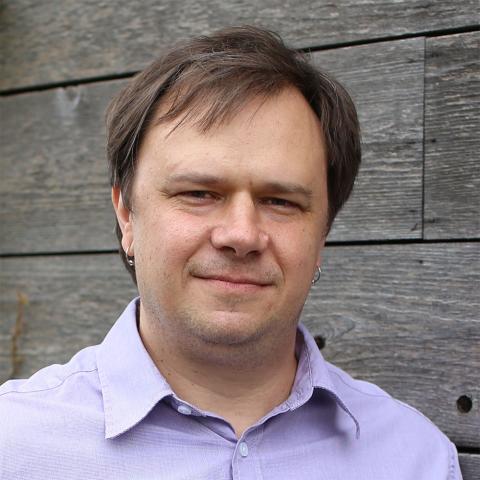Navin Ramankutty, PhD

Professor and Canada Research Chair in Global Environmental Change and Food Security, University of British Columbia
Ramankutty, a professor and research chair at the University of British Columbia, leads a program that explores how humans use and modify the Earth’s land surface for agriculture—and how that implicates our global environment. Using research observations and numerical ecosystem models, he aims to find solutions to the problem of feeding humanity with minimal global environmental footprint. Ramankutty—a Leopold Leadership Fellow—contributed to the Millennium Ecosystem Assessment report and to the Fourth Assessment Report of the Intergovernmental Panel on Climate Change, and currently serves as Associate Editor of Environmental Research Letters. Follow Ramankutty on Twitter and visit his website.
Hear more about the sources of greenhouse gas emissions in Unit 2, which covers three need-to-know principles of equitable climate solutions.







